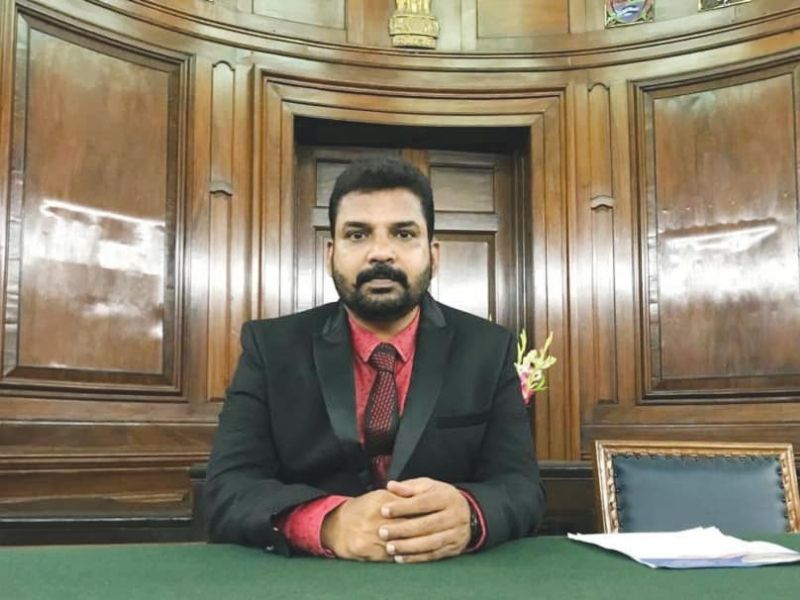
M.J. John Arokia Prabhu
– Shivani Chaturvedi (Chennai)
The AIADMK government has cancelled half-yearly examinations in all 39,300 government and government-aided schools in the state. Over 6.7 million children enrolled in these schools statewide who normatively would have written their half-yearly examinations in December won’t be tested. Earlier, quarterly exams usually held in September were cancelled.
In a statement issued on December 16, K.A. Sengottaiyan, minister for school education, said the exams of government and aided schools have been cancelled because of the pandemic. However, private schools are free to conduct online exams at their option, says the official statement.
Monitors of the K-12 education sector in Tamil Nadu are interpreting cancellation of exams in government and aided schools as admission of failure by the AIADMK government to ensure learning continuity of children in public education. While private schools have swiftly switched to online classes and are also holding examinations on digital platforms, the best that the government has been able to do is to broadcast teacher to pupil lectures on Kalvi TV, the state-run education channel. Learning outcomes from these one-way lectures are likely to be rock bottom even if children are herded into specially sanitised premises to write exams offline or online.
“There has been no classroom teaching since March last year. Students have been learning only from programmes being telecast on Kalvi TV. Though it is a commendable endeavour, it has not been easy for them to adapt to this type of education. Therefore, examinations based on learning from these programmes would not have been fair,” says R.C. Saraswathi, headmistress of Government Girls Higher Secondary School, Chennai, which has an enrolment of 3,985 children and 121 teachers.
Educationists in Chennai are almost unanimous that preoccupied with preparing for legislative assembly elections scheduled for May 28, the ruling AIADMK government has done too little to empower children learning from home.
With middle class parents and students unwilling to touch under-resourced government schools defined by crumbling buildings, chronic teacher absenteeism and English teaching aversion, the overwhelming majority of children in government and aided schools are from bottom-of-pyramid households which can’t afford Internet connectivity and digital learning devices such as desktops, laptops and smartphones. Nor have government school teachers received special digital teaching-learning training.
With the assembly election a mere four months away, the AIADMK government had proposed to restart classes in early January to please parents in favour of reopening schools. But following a sudden increase in Covid-19 cases at IIT-Madras and Anna University in mid-December, the education ministry is likely to postpone this decision as children are a high-risk group.
“The government should resume conventional schooling for classes IX-XII students immediately with alternate days attendance. Neighbouring states including Andhra Pradesh, Kerala and Karnataka have done this. For government school students in Tamil Nadu, in effect there’s been no learning for almost one year. Who is going to replace this year for them? Justice should be done to students studying in government-run schools. Recent data suggests that 300,000 children in Tamil Nadu have dropped out of school with most of them having joined the swelling pool of manual labour,” says advocate M.J. John Arokia Prabhu, vice president of the Tamil Nadu Private Schools Association and legal advisor to the Delhi-based National Independent Schools Alliance (NISA).
But with the AIADMK leadership worried about pre-election reputational damage and having little time for non-voting children, the entire academic year 2020-21 is likely to be lost for Tamil Nadu’s 6.7 million children in government and aided schools.